Topic: Drugs (Primary School)
Please be reminded that Safe4me is NOT a standalone resource; it is designed as a toolkit to support teachers to deliver information to pupils specific to the Law, Consequences and Personal Safety only.
The resources in this tool-kit are designed to be flexible and adaptable to meet individual needs, suitability and time; adaptable for KS3, KS4 and Post 16, they can be used in one or across multiple lessons.
PSHE Association Resources are also provided within this section, and can be used in conjunction with the Safe4Me resources or as a standalone delivery product.







